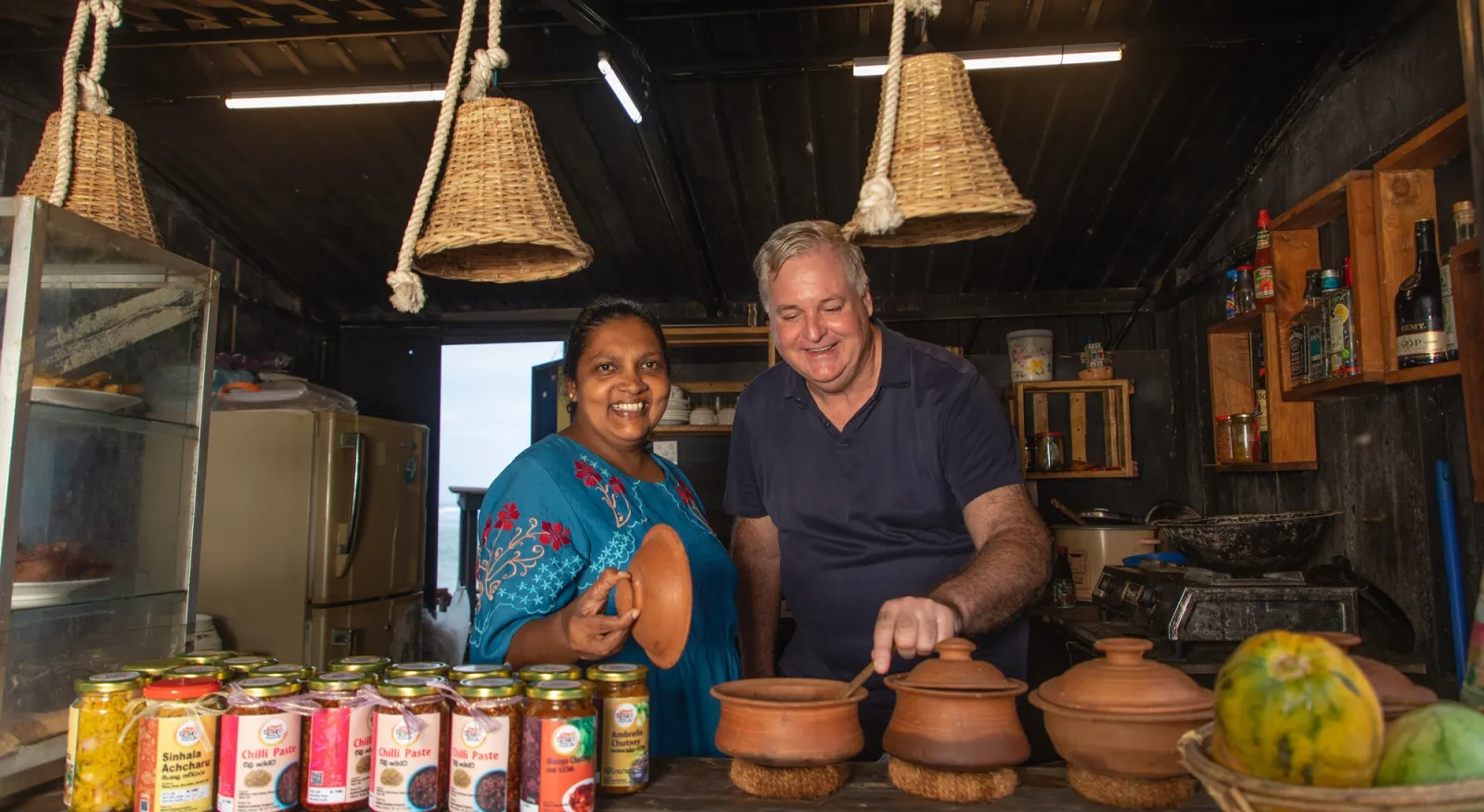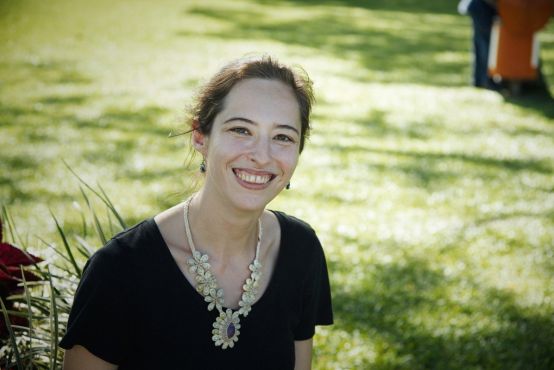
About Sri Lanka
Sri Lanka is a tropical island country located off the southern coast of India. The geography features beaches and coastal plains surrounding hills and mountains in the interior.
Sri Lanka was home to ancient civilizations, including the Sinhalese and Tamil kingdoms, before being colonized by the Portuguese, Dutch, and British in the 16th to 19th centuries. It gained independence from British rule in 1948 and in 1972 became a Republic. The Sri Lankan Civil War, which had a substantial impact on the country’s development, began in 1983 and officially ended in 2009.
The nation has faced significant recent challenges. The Boxing Day Tsunami in 2004 led to 35,000 people losing their lives along with the destruction of homes and businesses, and the 2019 Easter Sunday bombings also had huge impact on the country's economy and tourism. More recently, the COVID-19 pandemic and related economic and political dynamics resulted in the country facing major challenges including large scale protests.
Sri Lanka has a population of over 21 million people and is made up of several ethnic groups and religions. At times tensions exist between these groups.
Sri Lanka's economy grew steadily from the conclusion of the civil war. The nation was one of a few South-Asian countries to rate as ‘high’ on the Human Development Index, and while extreme poverty remained low, disparities in income and access to basic services persisted. The 2022 economic and socio-political crisis impacted this significantly with a major downturn in the economy and related impact on poverty levels.
Australian volunteers have supported a wide range of partner organisations in Sri Lanka to achieve their development goals since 1980.
Learn more about the Australian Volunteer Program's work in Sri Lanka.
Key things to consider about volunteering in Sri Lanka
- Sri Lankan cuisine is often very spicy. The country’s cuisine is flavourful and diverse, but for those who don’t like spicy food it can be a challenge.
- Air pollution in urban areas of Sri Lanka can be a challenge.
- Sri Lanka has a tropical climate with distinct wet and dry seasons. Volunteers should be prepared for high humidity, especially in coastal areas.
- Traditional ideas about family and patriarchy are deeply entrenched in Sri Lanka.
- Adult consensual same-sex sexual acts are criminalised in Sri Lanka. These laws are not commonly enforced, but attitudes towards homosexuality may vary based on location within the country. No legal protections exist currently for LGBTQIA+ people in Sri Lanka. However, in 2023 some pollical efforts began towards considering the de-criminalisation of same-sex engagement.
Culture and religion
Sri Lankans are generally warm and welcoming. Volunteers who put in the effort are likely to find it easy to participate in the local community and may receive invitations to visit people’s homes and attend functions. Sri Lankan domestic life tends to be quiet with less activity during the week.
While the country is quite conservative, Colombo is less so. Volunteers are encouraged to be considerate of the feelings and values of their neighbours, landlords, and colleagues.
Religion
Around 70% of Sri Lanka’s population follow Theravada Buddhism, which has played a central role in the country's history, culture, and identity. Hinduism, Islam, and Christianity also have significant followings. Religious festivals and rituals, such as Vesak and Diwali are celebrated widely. Religious tensions and conflicts have marked Sri Lanka's history, highlighting the complex interplay of faith, politics, and ethnic identity in the country.
Dress
Modesty is crucial when dressing in Sri Lanka, especially in religious or rural areas. Both men and women should avoid wearing revealing or tight-fitting clothes. In more urban or touristy areas, Western-style clothing is generally acceptable.
Sri Lankan women often wear saris or salwar kameez. Men often wear shirts and either trousers or a sarong or lungi. In urban centres and among the younger generation it is more common to see Western-style clothing. Clothing choices can vary depending on the region, ethnicity, and, of course, individual preferences, however modesty is always appreciated.
Language
The main languages spoken in Sri Lanka are Sinhala and Tamil, which are the official languages of the country. English is a recognised language, with almost 25% of the population speaking it fluently.
The program provides funding to support language lessons. More information on this process will be available during the onboarding process.
Explore our Pride Guides
LGBTQIA+ program participants must be aware of the country's context before undertaking an assignment. Pride Guides are designed to introduce key issues related to people with diverse SOGISEC & their participation in the program.
Learn more
Day to day life
Climate
Sri Lanka features a tropical climate with distinct wet and dry seasons. The island experiences two main monsoons: the southwest monsoon, which brings rain to the southwestern and central regions from May to September, and the northeast monsoon, affecting the eastern and northern areas from November to February. Coastal areas generally have high temperatures and humidity year-round, while the central highlands are cooler. The southwest coast and western lowlands are known for their wetter climate, with the hill country receiving significant rainfall.
It is important to note the effects of climate change on day-to-day life and weather patterns in Sri Lanka, this will look different based on location. According to the World Bank Sri Lanka faces significant threat from extreme heat and flooding as the climate changes.
Telecommunications
Telecommunications systems are generally good in Sri Lanka. Mobile phone (voice and data) network coverage is available across most areas via a range of service providers. Landline and fibre options are also available, mainly in the larger cities.
Food and dining
Colombo usually has a wide range of markets and supermarkets selling most food items; however, the economic crisis has affected the availability of some imported supplies. Fresh fish and seafood feature heavily in the cuisine, however, vegetarians have a range of local fruits and vegetables to choose from.
Accommodation
Our in-country team and/or partner organisations assist volunteers to identify suitable, secure, and affordable accommodation.
This accommodation will differ based on where you are located and may be a small house or an annex attached to a family home with a separate entrance. Water and electricity will be available.
Find out about our in-country allowances.
Transport
Public transport is less accessible than in previous years. Public transport usually includes buses, private cabs, and three-wheelers (tuk tuks/auto rickshaws). Buses provide the cheapest form of transport but are not available at night. The availability of transport differs around the country and at present is based on the availability of fuel.
Supporting Sri Lankan partners remotely
How Australian volunteer Katy navigated the challenges of remote volunteering to help build the skills of staff at a small NGO in Sri Lanka.
Learn more
Personal Safety
When it comes to your safety and security you must be willing to adapt your behaviour and lifestyle to minimise the potential for being a target of crime. Like anywhere in the world, crime does exist in Sri Lanka.
Since the 2019 Easter Sunday bombings there is a heightened awareness of security and a visible security presence throughout the country.
Female volunteers may experience harassment on the streets. Although this can be irritating, volunteers often find ways of coping and are able to effectively conduct their work and life. Generally, women do not go out alone after dark.
Large public protests (and related security force responses) occurred frequently in 2022, although the scale of these events diminished in 2023. Smaller localised protests may still happen from time to time. Any protests must be avoided by volunteers as they represent a security risk.
Personal safety issues constantly evolve, we recommend you keep an eye on Smart Traveller for current information.
Mobility and Accessibility
Physical access to some buildings may be problematic due to lack of ramps and other accessibility aids - mainly in rural areas and smaller towns and villages'.
We’re committed to ensuring that international volunteering is inclusive and accessible to Australians from a range of backgrounds, with diverse perspectives, identities, and abilities.
To support this, Access and Inclusion Plans are available for volunteers with disabilities to assess their needs and ensure their living and working requirements are fully considered. Indigenous Pathways is an Indigenous-led program that focuses on providing culturally safe, flexible, and tailored support for Aboriginal and Torres Strait Islander volunteers.
Before applying for a volunteering assignment in Sri Lanka, please do further research on living in Sri Lanka and the organisation you are hoping to volunteer with. Successful applicants will have the opportunity to discuss expected living and working arrangements with their recruitment officer.
Volunteering opportunities in Sri Lanka
There are no current assignments in Sri Lanka, but we’re always adding new assignments. Stay up to date with our Assignment Alert newsletter or register for the Talent Pool to get a head start on your application. Alternatively, explore all our current assignments.